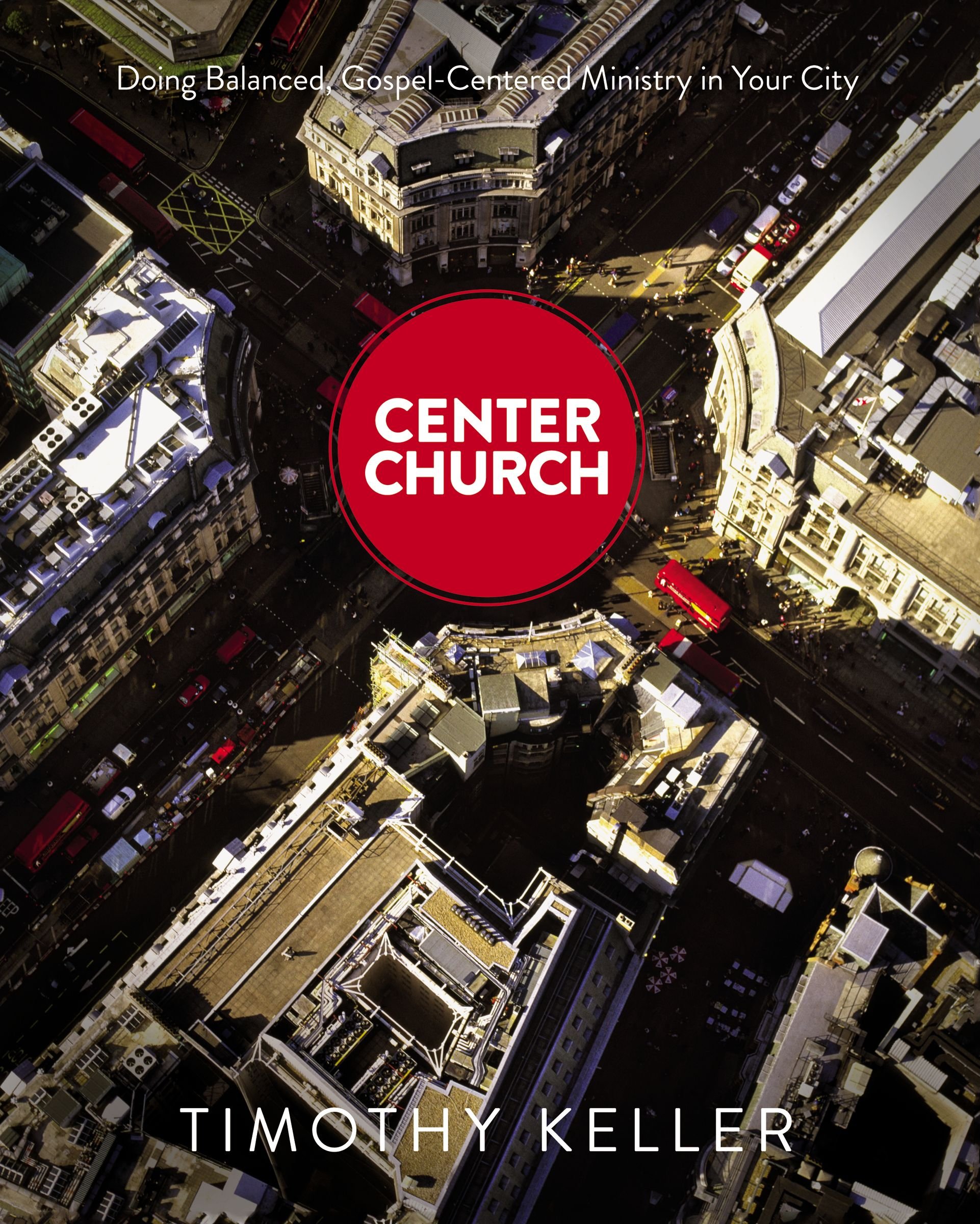Contextualization in Scripture


Whenever I read a book, I usually make notes afterwards for future reference. I finished reading Keller’s Center Church a couple of months ago, but I’m only finally getting around to writing my notes on it today. As I’m doing so, I’ve across something worth sharing about contextualization. Keller defines contextualization like this: “…it is giving people the Bible’s answers, which they may not at all want to hear, to questions about life that people in their particular time and place are asking, in language and forms they can comprehend, and through appeals and arguments with force they can feel, even if they reject them” (page 89). A little further in that chapter, he gives this helpful sidebar:
Craig Blomberg points out that in Matthew’s parable of the mustard seed, the sower sows his seed in a “field” (agros, Matt. 13:31), while in Luke the sowing is in a “garden” (kepos, Luke 13:19). Jews never grew mustard plants in gardens, but always out on farms, while Greeks in the Mediterranean basin did the opposite. It appears that each gospel writer was changing the word that Jesus used in Mark — the word for “earth” or “ground” (ge, Mark 4:31) — for the sake of his hearers. There is a technical contradiction between the Matthean and Lukan terms, states Blomberg, “but not a material one. Luke changes the wording precisely so that his audience is not distracted from…the lesson by puzzling over an…improbable practice.” The result is that Luke’s audience “receives his teaching with the same impact as the original audience.” (page 95)
I looked into this a little bit and it seems to check out as correct. Just one small point: I would prefer “apparent discrepancy” to “technical contradiction” (after all, fields and gardens are not exactly polar opposites). The main point is that contextualization is evident in Scripture — therefore, we need to take it seriously too. For myself, as a Canadian living and ministering in Australia, I try to use the right words for my audience. I try to avoid Canadian idioms and use Aussie ones. However, I’m quite sure that I still have a long way to go in minimizing linguistic distractions when I preach and teach.


